Speeches, Posters, and the Presidency: Michael Dukakis’ 1988 Campaign
In the past few weeks, the nation has had a number of politicians announce their intentions to run for the presidency. Soon the television, radio, and internet will be flooded with political advertisements, and our lawns and billboards will be plastered with the slogans and faces of the candidates. The information overload which accompanies a presidential race is not a new phenomenon. Past elections show the same intensity and fervor from the politicians and political parties. I was recently reminded of this intensity while processing Michael Aronson’s Papers (M206), for Northeastern’s Special Collections and Archives.
Michael Aronson Papers (M206), FF4/D4
The collection offers a behind the scenes look at a presidential campaign through items collected from Michael Dukakis’ presidential campaign against George H. W. Bush during 1987-1988. Michael Aronson was a member of Dukakis’ speech writing team, leaving him with numerous items from the campaign including: • Speeches • Speech Drafts • Correspondence • Campaign Posters • Itineraries Even though Dukakis did not win the presidency, these materials represent an impressive campaign, and demonstrate the difficulty and challenges which accompany such an endeavor. The items, particularly the posters, also represent some of the less wholesome parts of a presidential campaign. The satirical and accusatory posters are interesting pieces of cultural and political history, which demonstrate the fine line that politicians tread when running for office.Michael Aronson Papers (M206), FF4/D4
This collection offers a great opportunity to learn about political elections in the U.S. through primary evidence, and through a behind the scenes perspective, which media coverage does not always provide.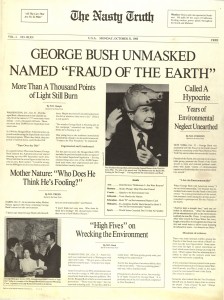

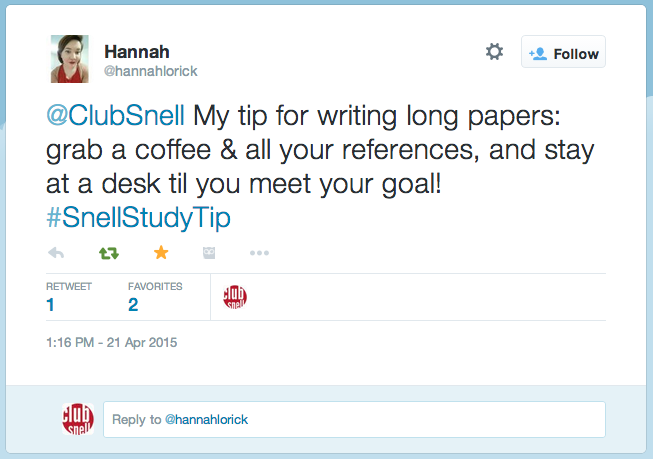
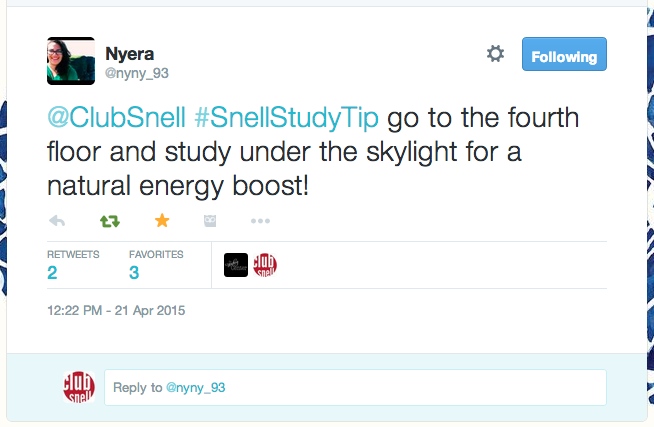
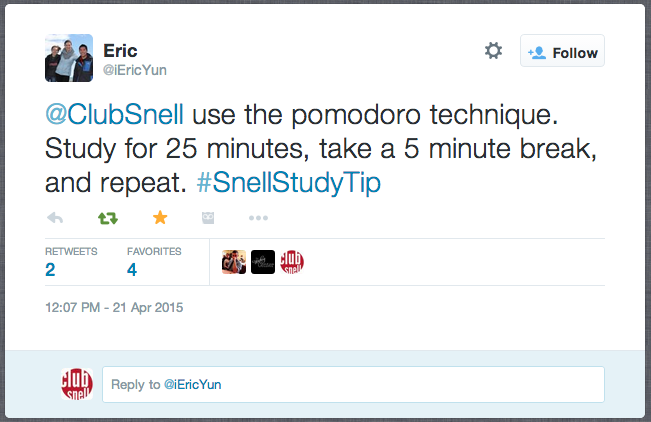
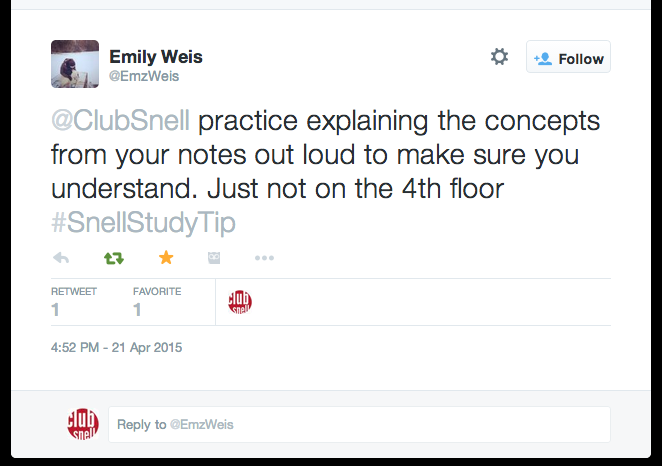
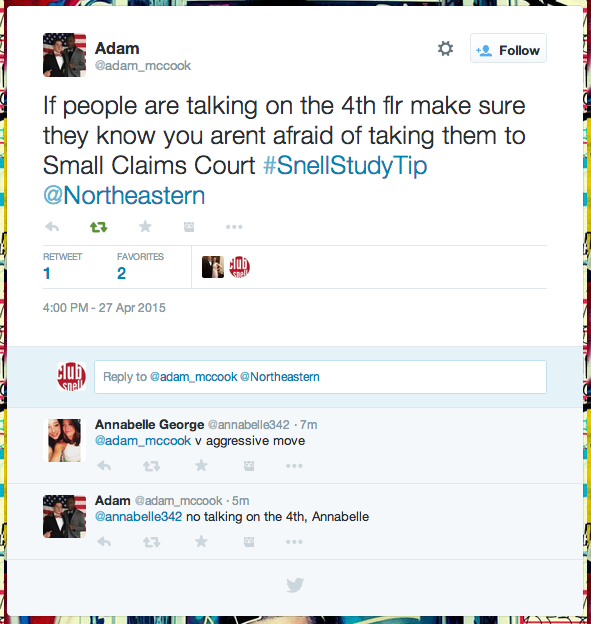
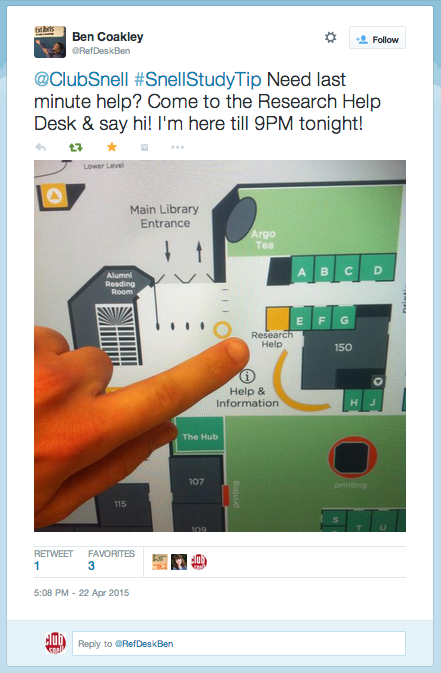
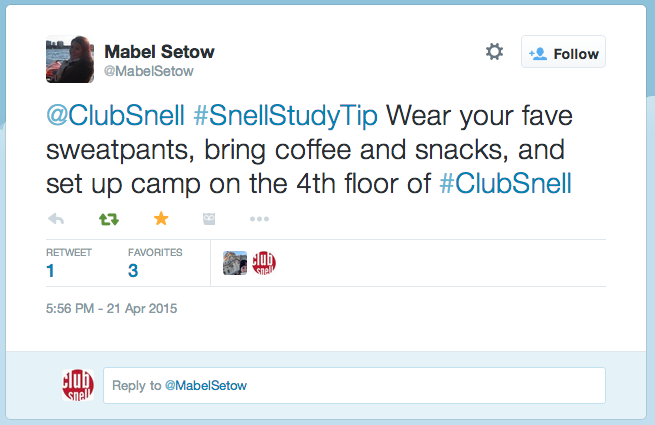
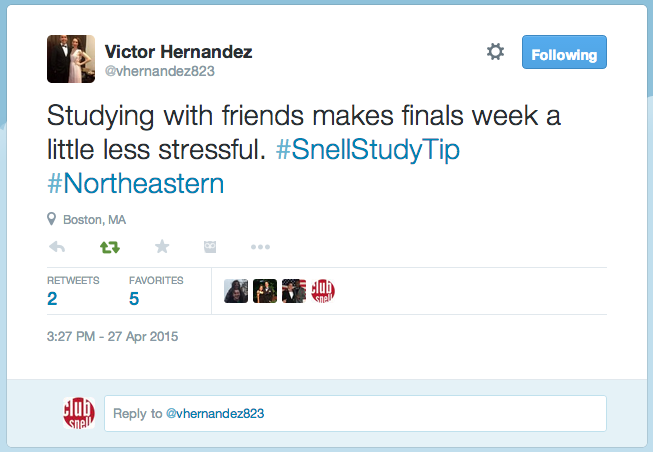
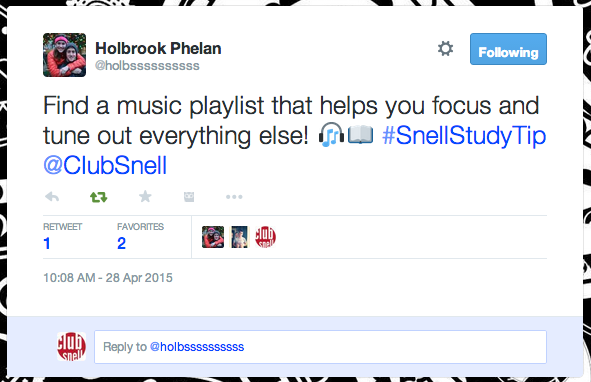
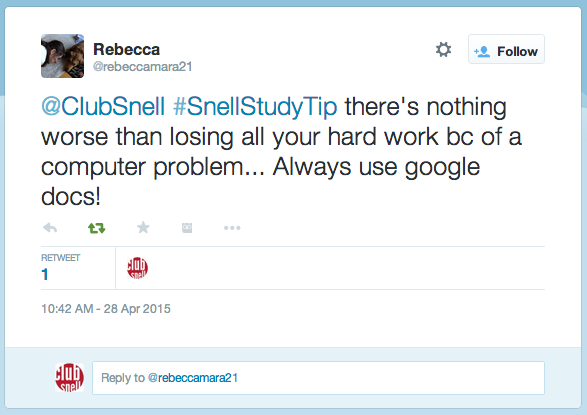


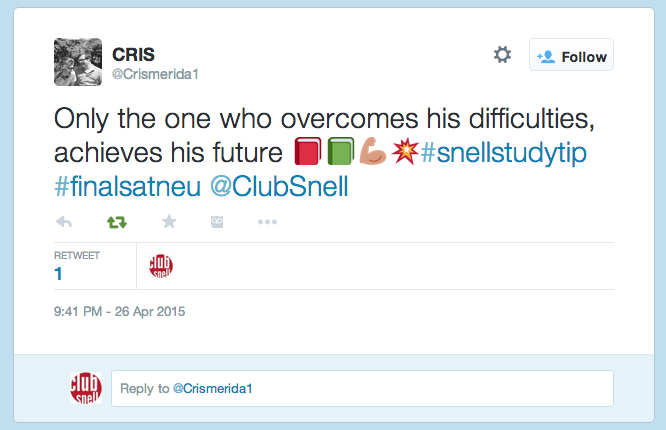
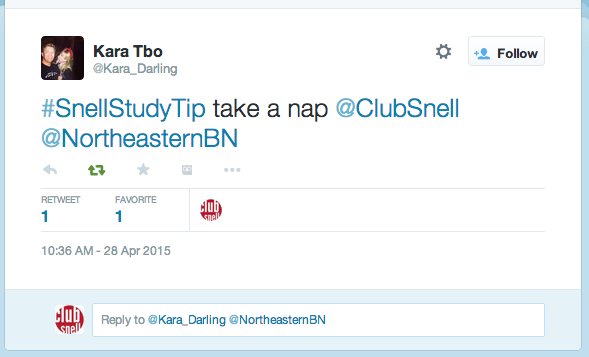
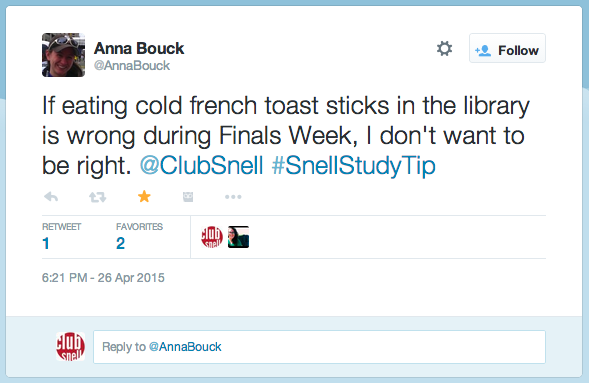
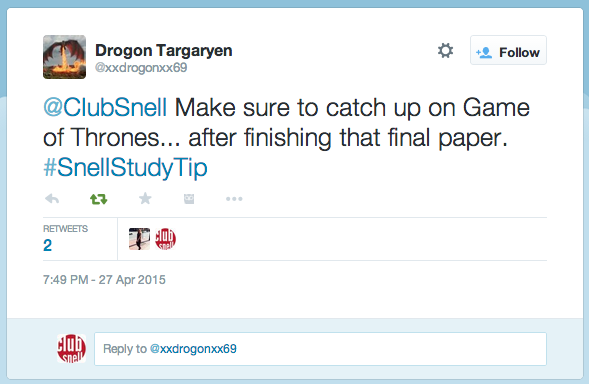
 Since, you know, Boston relocated to north of the wall
I think we’re all kind of glad that it’s finally finals.
Since, you know, Boston relocated to north of the wall
I think we’re all kind of glad that it’s finally finals.
 Well, some of us are
Sure, you have to get through a couple of research papers, lab reports, final projects, and exams…
Well, some of us are
Sure, you have to get through a couple of research papers, lab reports, final projects, and exams…
 But in just two short weeks it’ll be summer!
But in just two short weeks it’ll be summer!
 No more coats = No more responsibilities
And to help you get there, Snell Library has quite a few de-stressors planned for you so look forward to study breaks with goodies and giveaways and a special
No more coats = No more responsibilities
And to help you get there, Snell Library has quite a few de-stressors planned for you so look forward to study breaks with goodies and giveaways and a special  Goodies…?
Speaking of the challenge… it’s not really a challenge. It’s actually really simple:
Starting on Tuesday (4/21), you can share your best study tip with
Goodies…?
Speaking of the challenge… it’s not really a challenge. It’s actually really simple:
Starting on Tuesday (4/21), you can share your best study tip with 


